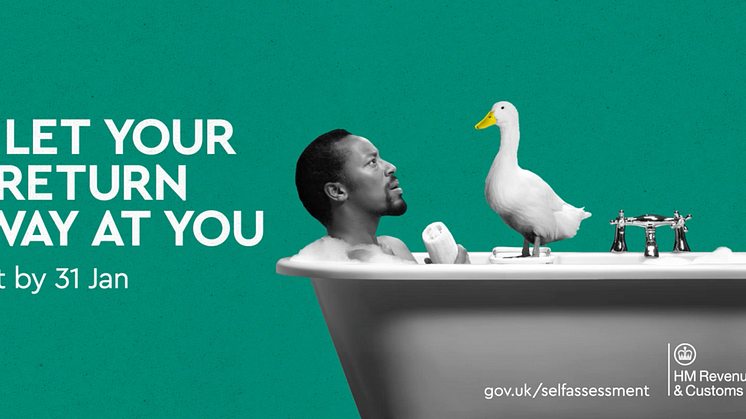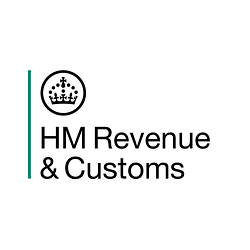
Press release -
Self Assessment deadline: less than one month to go
Around 5,542,000 taxpayers have less than a month to complete their Self Assessment tax returns before the 31 January deadline.
In total, more than 11.5 million 2017/18 tax returns are due and HM Revenue and Customs expects the vast majority of taxpayers to complete their returns and pay any tax owed by the end of the month.
Approximately 52% of taxpayers have already filed their returns, as of 31 December 2018, and more than 5 million have completed their returns online (88% of the total returns filed).
Financial Secretary to the Treasury, Mel Stride, said:
“It is encouraging that around 52% of taxpayers have already completed their Self Assessment tax returns. With less than one month to go before the deadline, there are still many people that need to act now.
“HMRC is encouraging all Self Assessment filers to complete their returns by 31 January and is offering support every step of the way.”
Angela MacDonald, HMRC’s Director General for Customer Services, said:
“The Self Assessment deadline on 31 January is fast approaching but there is still time for customers to file their tax returns online and on time to avoid any unnecessary penalties.
“If you are completing Self Assessment for the first time or are yet to start your 2017/18 tax return, there is a wide range of support and guidance available on GOV.UK to help at every stage of the tax return process.”
For any customers who are yet to start their 2017/18 Self Assessment, there are films and webinars which show each stage of the process, with bespoke guidance for individuals’ varying circumstances, including a video specifically aimed at customers completing a tax return for the first time: https://www.youtube.com/watch?v=_QzNuPkf9Iw.
Help is also available on GOV.UK or from the Self Assessment helpline on 0300 200 3310 and on social media.
People need to complete a tax return if they:
- earned more than £2,500 from renting out property
- or their partner received Child Benefit and either of them had an annual income of more than £50,000
- received more than £2,500 in other untaxed income, for example from tips or commission
- are self-employed sole traders
- are employees claiming expenses in excess of £2,500
- have an annual income over £100,000
- earned income from abroad that they need to pay tax on
If customers completed a Self Assessment tax return last year but didn’t have any tax to pay, they still need to complete a 2017/18 tax return unless HMRC has written to them to say it is not required.
Notes to Editors
1. Self Assessment facts summary:
- 11,564,363 million total SA returns due
- 6,022,579 million returns received, as at 31 December 2018
- 5,541,784 million returns still to file, as at 31 December 2018
- 5,318,636 million returns, as at 31 December 2018, filed online (88% of total filed)
- 703,943 returns, as at 31 December 2018, filed on paper (12% of total filed)
2.The penalties for late tax returns are:
- an initial £100 fixed penalty, which applies even if there is no tax to pay, or if the tax due is paid on time;
- after 3 months, additional daily penalties of £10 per day, up to a maximum of £900;
- after 6 months, a further penalty of 5% of the tax due or £300, whichever is greater; and
- after 12 months, another 5% or £300 charge, whichever is greater.
There are also additional penalties for paying late of 5% of the tax unpaid at 30 days, 6 months and 12 months.
3. Self Assessment guidance is available at - https://www.gov.uk/self-assessment-tax-returns
4. Tax is automatically deducted from the majority of UK taxpayers’ wages, pensions or savings. For people or businesses where tax is not automatically deducted, or when they may have earned additional untaxed income, they are required to complete a Self Assessment tax return each year.
5. Follow HMRC’s Press Office on Twitter @HMRCpressoffice
6. HMRC’s Flickr channel www.flickr.com/hmrcgovuk
Related links
Topics
Categories
Issued by HM Revenue & Customs Press Office
HM Revenue & Customs (HMRC) is the UK’s tax authority.
HMRC is responsible for making sure that the money is available to fund the UK’s public services and for helping families and individuals with targeted financial support.

